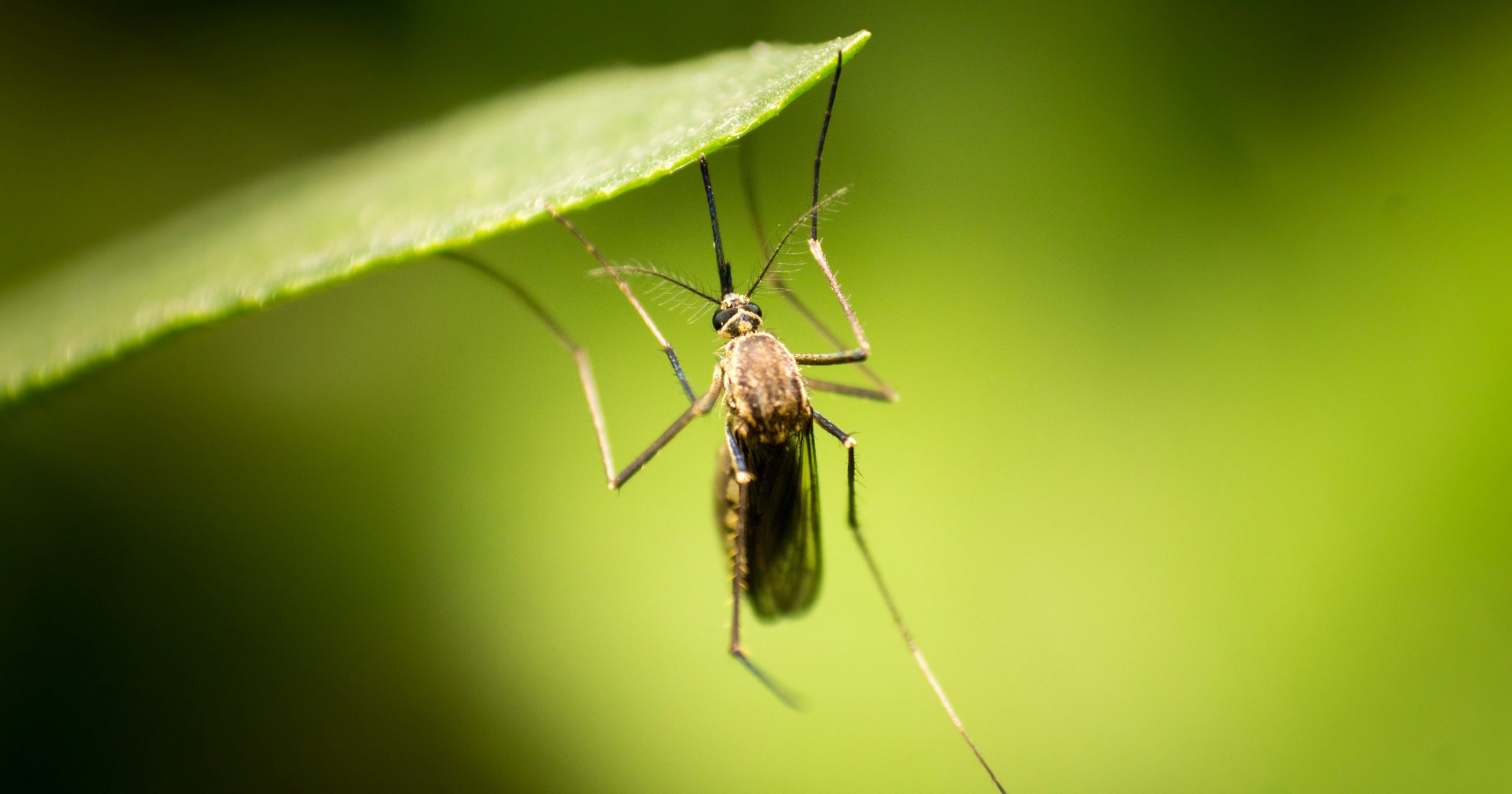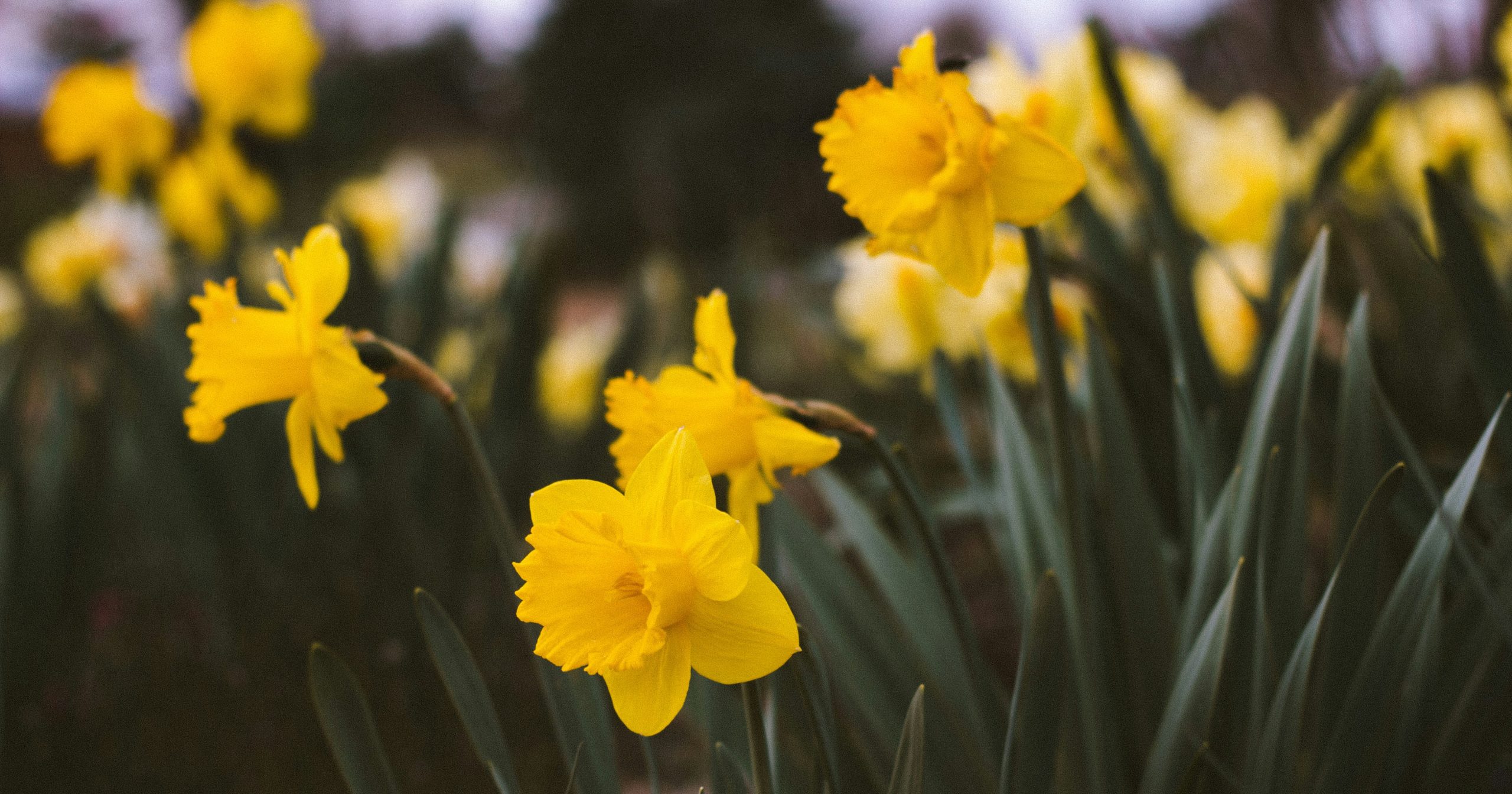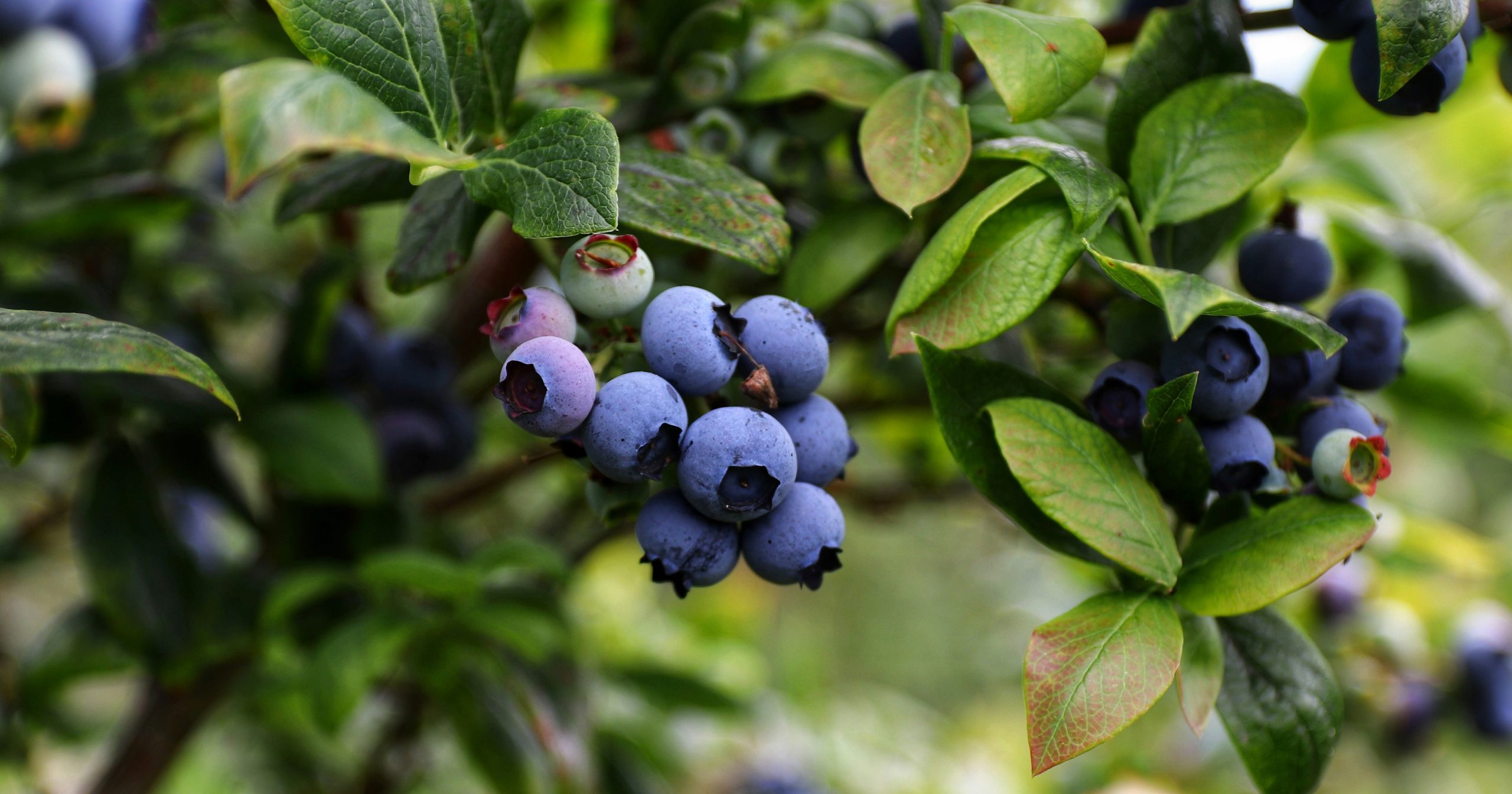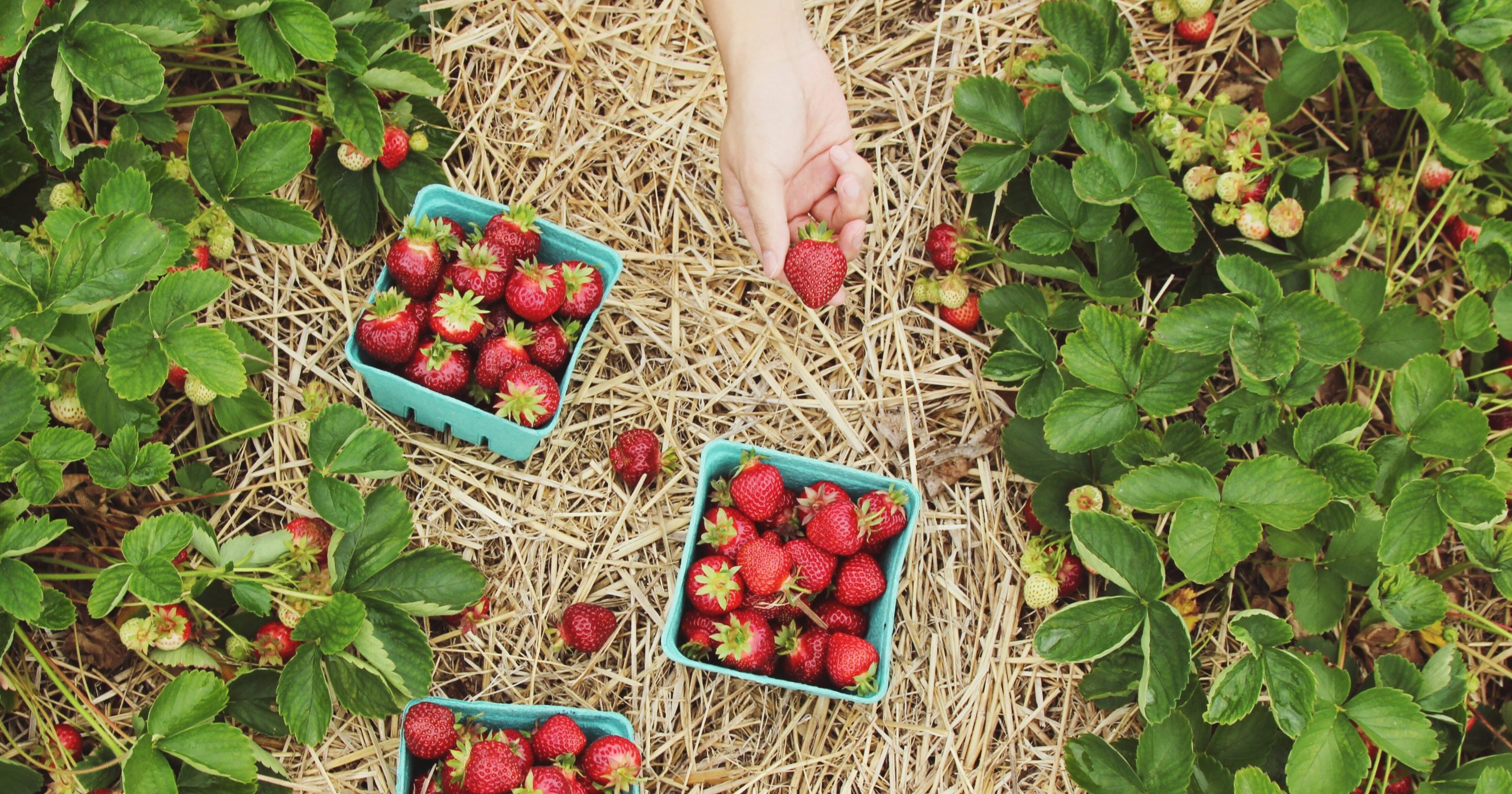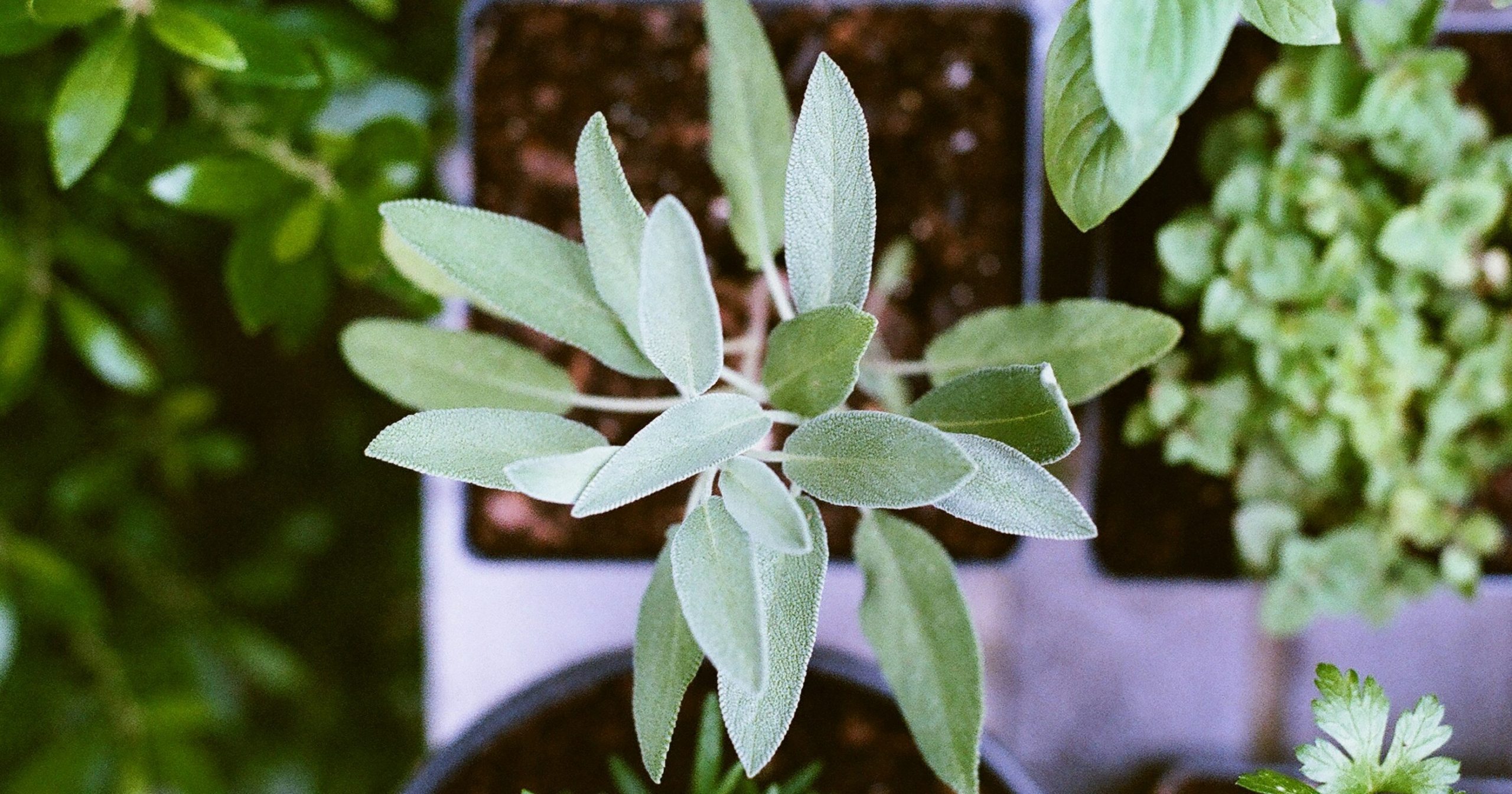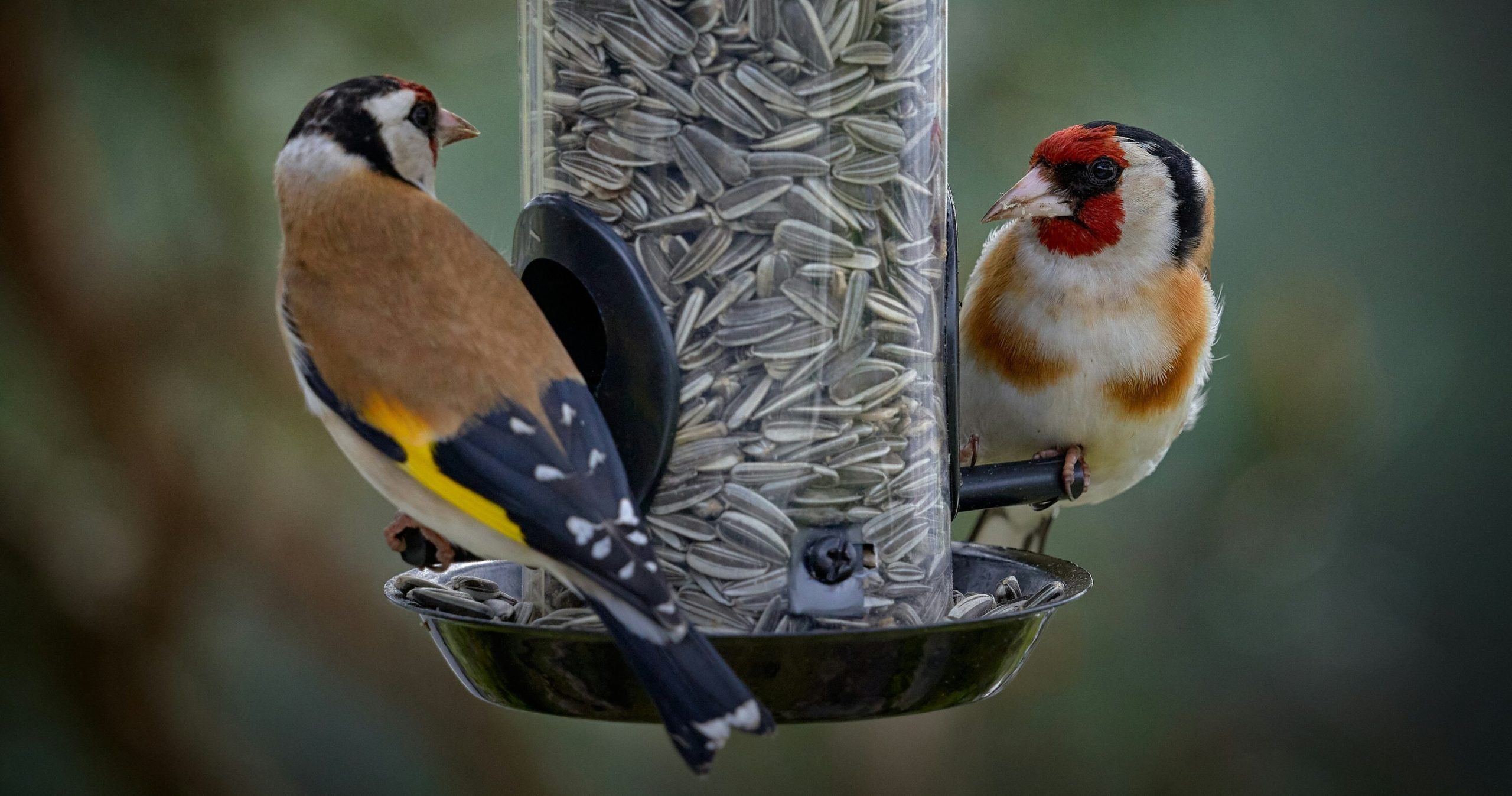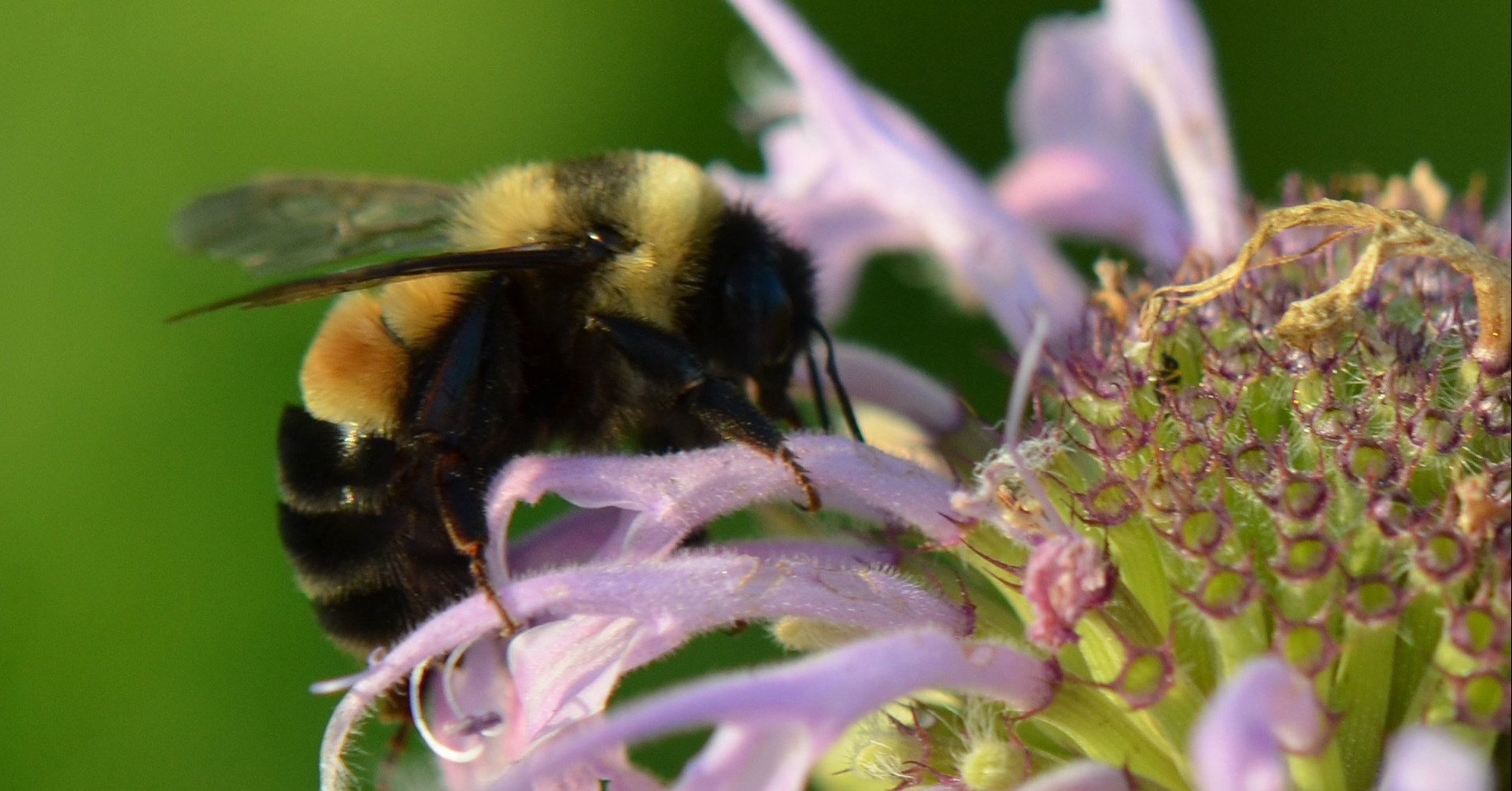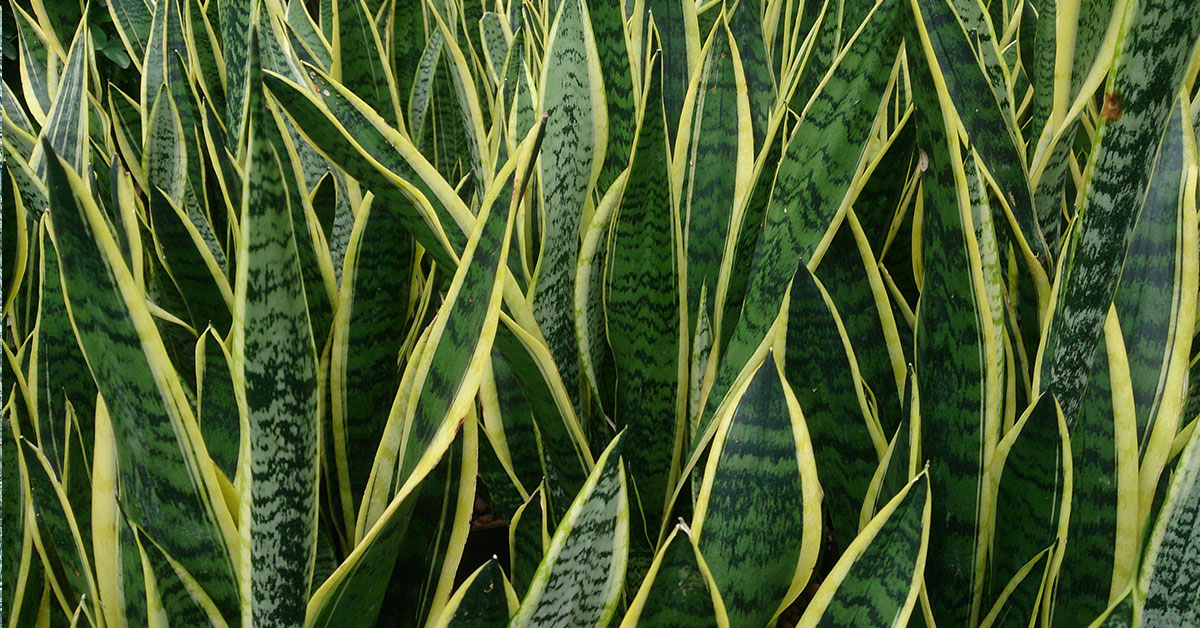Welcome to our comprehensive guide on finding the best fertilizer for your summer squash plants! As gardening enthusiasts, we understand the importance of nourishing your plants to ensure a bountiful harvest. Whether you are a seasoned gardener or just starting out, this article will equip you with the knowledge needed to select the perfect fertilizer for summer squash, ensuring healthy plants and an abundant harvest all season long.
Does Summer Squash need to be fertilized?
Yes, summer squash plants do require fertilization for optimal growth. Fertilizing the plants provides essential nutrients that they need to develop healthy foliage, flowers, and fruits. It also helps to promote strong root development and overall plant vigor.
When fertilizing summer squash plants, it is important to choose a balanced fertilizer that contains a mix of nitrogen, phosphorus, and potassium (N-P-K). A general recommendation is to use a fertilizer with an N-P-K ratio of 10-10-10 or 14-14-14. This will provide a good balance of nutrients for the plants. It is best to apply the fertilizer before planting the summer squash seeds or transplanting the seedlings. Incorporate the fertilizer into the soil according to the package instructions, ensuring that it is evenly distributed. If you are using a granular fertilizer, mix it into the top few inches of soil.
After planting, you can continue to fertilize the summer squash plants throughout the growing season. Side-dress the plants with a small amount of fertilizer every 4-6 weeks or as recommended by the fertilizer package. Avoid over-fertilizing, as this can lead to excessive foliage growth and reduced fruit production.
In addition to fertilization, it is also important to provide adequate water and sunlight for the summer squash plants. Regular watering, especially during dry periods, and providing at least 6-8 hours of sunlight per day will further support their growth and development.
The best fertilizer for Summer Squash
The best fertilizer for growing summer squash is a balanced fertilizer with a ratio of nitrogen (N), phosphorus (P), and potassium (K) of around 10-10-10 or 14-14-14. This will provide the necessary nutrients for healthy plant growth and fruit production.
Additionally, incorporating organic matter such as compost or well-rotted manure into the soil before planting will help improve soil fertility and provide a slow-release source of nutrients throughout the growing season.
It’s important to follow the manufacturer’s instructions for application rates and timing, as over-fertilizing can lead to excessive foliage growth at the expense of fruit production. Applying the fertilizer evenly around the base of the plants and watering it in well will ensure that the nutrients are absorbed by the roots effectively. Regularly monitoring the plants for any signs of nutrient deficiencies or excesses will also help you adjust the fertilizer application if needed.
When to fertilize Summer Squash
The ideal time to fertilize Summer Squash plants is before planting them in the garden. Incorporate a balanced organic fertilizer into the soil during the preparation stage. This will provide the necessary nutrients for the plants to establish strong roots and promote healthy growth throughout the growing season. Additionally, you can side-dress the plants with a nitrogen-rich fertilizer once they start producing fruits. Apply the side-dressing fertilizer about four to six weeks after planting, and then repeat the application every four to six weeks thereafter. Remember to follow the instructions on the fertilizer packaging for proper application rates.
Common issues with fertilizing Summer Squash
When fertilizing Summer Squash, there are a few common issues or problems that can arise:
- Over-fertilization: Applying too much fertilizer can lead to excessive vegetative growth at the expense of fruit production. It can also cause leaf burn or scorching, which can weaken the plant and make it more susceptible to diseases and pests.
- Under-fertilization: Insufficient fertilization can result in nutrient deficiencies, stunted growth, and poor fruit development. It is important to provide the necessary nutrients to support healthy plant growth and maximize yield.
- Imbalanced nutrient levels: Different nutrients play specific roles in plant growth and development. Imbalances in nutrient levels can lead to various issues. For example, excessive nitrogen can promote lush foliage but inhibit fruiting, while inadequate potassium can result in poor fruit quality and susceptibility to diseases.
- Incorrect timing of fertilization: Timing is crucial when fertilizing Summer Squash. Applying fertilizer too early in the growing season may result in excessive vegetative growth without fruiting. On the other hand, fertilizing too late in the season may not provide sufficient nutrients for the developing fruits.
- Inadequate soil preparation: Before planting Summer Squash, it is essential to prepare the soil properly. Poor soil structure, lack of organic matter, or improper pH levels can hinder nutrient uptake and affect plant growth. It is recommended to amend the soil with compost or well-rotted manure before planting.
To avoid these issues, it is advisable to conduct a soil test to determine the nutrient levels and pH of the soil. Based on the results, choose a balanced fertilizer specifically formulated for vegetables or use organic alternatives like compost or well-rotted manure. Follow the recommended application rates and timing instructions provided by the fertilizer manufacturer. Regularly monitor the plants for any signs of nutrient deficiencies or excesses and adjust the fertilization accordingly.




